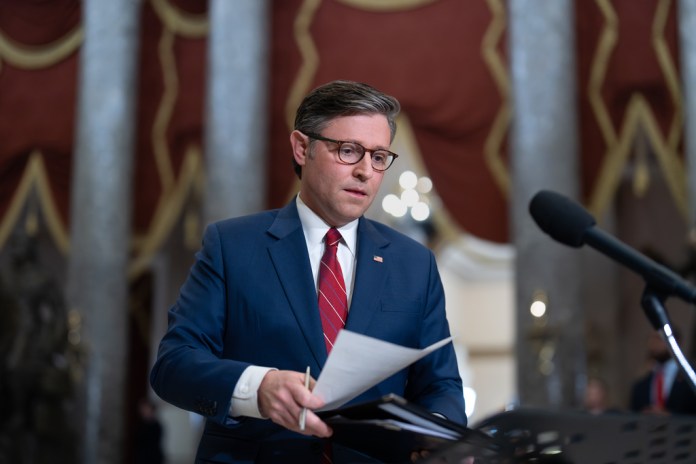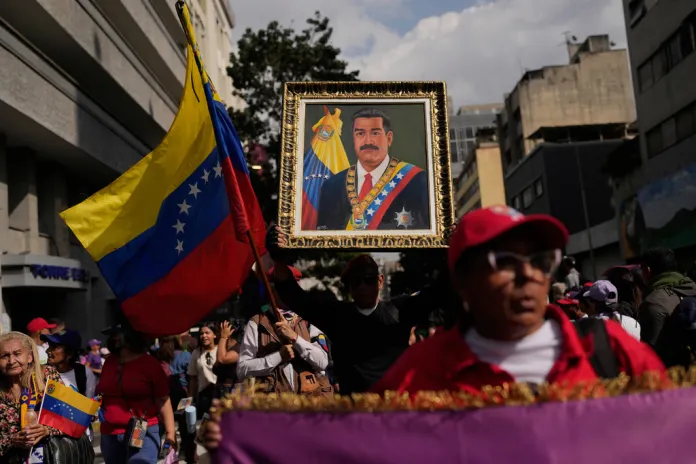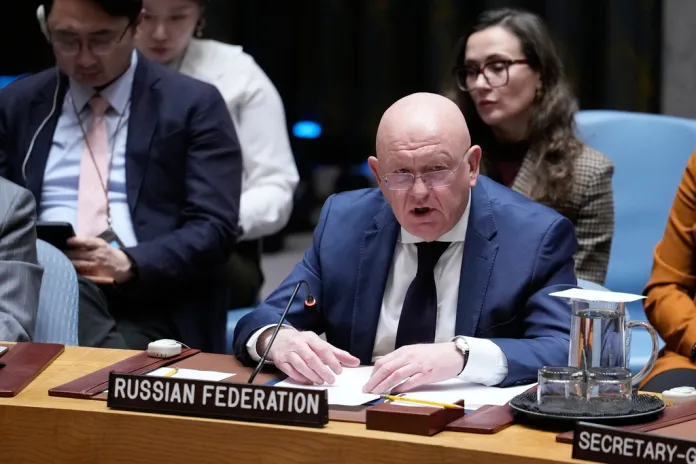The implications of the wide-ranging Russia prisoner deal – Washington Examiner
The article discusses a significant prisoner exchange agreement involving the Biden administration, which has been in negotiation with European allies for several months. The deal, announced by President Joe Biden, entails the release of numerous prisoners, including four Americans, four Germans, and several Russian political dissidents, in exchange for eight Russians imprisoned in the West. This marks the largest prisoner swap between Russia and the West since the Cold War.
Key individuals released include Paul Whelan, a former Marine, Wall Street Journal reporter Evan Gershkovich, Radio Free Europe journalist Alsu Kurmasheva, and Russian dissident Vladimir Kara-Murza. The deal also involved the release of Vadim Krasikov, a former FSB officer convicted of murder, underscoring the complexities of the negotiations. Biden emphasized the collaborative efforts of European allies, especially German Chancellor Olaf Scholz, in facilitating this agreement.
Despite the successful exchanges, concerns persist regarding the implications of such deals, particularly the risks associated with “hostage diplomacy” where foreign entities might exploit the situation to gain leverage over the US. Critics, including House Armed Services Committee Chairman Mike Rogers, have expressed apprehension about releasing dangerous criminals in exchange for American detainees, highlighting the delicate balance in international negotiations involving captured citizens.
The implications of the wide-ranging Russia prisoner deal
The Biden administration spent several months working with European allies to configure an arrangement that would entice the Kremlin into releasing several foreigners, including Americans, and political dissidents who were in Russian prisons.
The culmination of those months of back and forth became a reality on Wednesday when President Joe Biden announced the impending return of several Americans, while some details of the deal may still trickle out.
The United States, Germany, Slovenia, and Norway all agreed to release a total of eight Russians, all of whom had been arrested and in some cases charged and sentenced, in exchange for the release of 16 people, including four Americans, four Germans, and seven Russian political prisoners. Belarus also released a German individual as a part of the deal. The prisoners held in Russia flew to Ankara, Turkey, bringing another country in the execution of the deal.
The deal amounts to the largest exchange of prisoners between Russia and the West since the Cold War.
The U.S. secured the release of three Americans and a green card holder: Paul Whelan, a former Marine who was first detained in 2018; Evan Gershkovich, a Wall Street Journal reporter; Alsu Kurmasheva, a reporter for Radio Free Europe/Radio Liberty, and Russian dissident and journalist Vladimir Kara-Marza.
“The execution phase of this, to get this level of coordination together to have those planes all land on the tarmac at the same time from multiple different countries, with so many different individuals coming from Russia and going back to Russia, really extraordinary,” U.S. national security adviser Jake Sullivan told reporters.
Vadim Krasikov is viewed as Russia’s prized return for the large swap. The former high-ranking FSB colonel was convicted of murdering a former Chechen fighter in Berlin in 2019 and was later sentenced to life in prison. His inclusion in a deal was critical to securing Russia’s willingness to do this proposal.
Sullivan said after several rounds of negotiating, it became apparent that Krasikov was “a key.”
The U.S. and Kremlin had agreed to two separate prisoner swaps in 2020, which in totality secured the release of Brittney Griner and Trevor Reed in exchange for Konstantin Yaroshenko and a notorious arms dealer, Viktor Bout. Whelan, who was detained before Griner or Reed, was not included in either deal. The U.S. continued trying to secure his release, but Russia had indicated its desire to get Krasikov returned, pulling Germany into the negotiations at a minimum.
The negotiations had been going on for so long that Russian dissident Alexei Navalny was a part of these discussions before he died in February.
A German government spokesman, Steffen Hebestreit, said they “did not take this decision lightly” to give him up in the deal.
Biden, in announcing it, singled out German Chancellor Olaf Scholz’s role in the deal as he praised the alliances and relationships between the U.S. and several European allies that made this agreement a reality.
“I particularly owe a great sense of gratitude to the — the chancellor. The demands they were making of me required me to get some significant concessions from Germany, which they originally concluded they could not do because of the person in question,” Biden said, surrounded by the families of the Americans on their way home. “But everybody stepped up. Poland stepped up. Slovenia stepped up. Turkey stepped up. And it matters to have relationships. It really does. These things matter.”
It’s unclear what incentivized the Slovenians and Norwegians to release two Russians apiece as a part of the deal.
The U.S. government faces difficult questions when considering proposals regarding the release of Americans detained abroad. Often in these cases, Americans have been unfairly arrested in foreign countries that are seeking to hold them as bargaining chips to use in negotiations, often to get convicted criminals released in return. Detractors of these deals argue that agreeing to such an arrangement further incentivizes bad actors to take more Americans to use them in more deals.
The phenomenon is known as “hostage diplomacy.”
House Armed Services Committee Chairman Mike Rogers (R-AL) celebrated the release of the Americans but expressed concern that “the Biden-Harris administration has allowed dangerous Russian criminals to go free, including an assassin and an operator of illicit procurement networks for the Russian military.”
He added that the administration “must explain how they will deter Putin and other American adversaries from exploiting hostage-taking to exact leverage over the United States. Otherwise there will be many more innocent Americans behind bars.”
U.S. Special Presidential Envoy for Hostage Affairs Roger Carstens said last month that the “numbers just don’t support” the argument that making the deals actually results in more Americans detained overseas, noting, “If you don’t make these deals, people just don’t come home. So you’ve got to picture it; people that you love, your son, your daughter, your wife, your husband, your grandfather, they get arrested, they’re thrown in jail and the United States says, ‘well we don’t make deals but there’s no alternatives.’”
The administration was unable to secure the release of Marc Fogel, an American in a Russian prison on drug charges. Sullivan, during Thursday’s briefing, referred to him as wrongfully detained, which was the first time a member of the administration has given him that designation and would put his case under Carsten’s purview.
" Conservative News Daily does not always share or support the views and opinions expressed here; they are just those of the writer."




